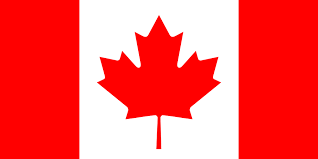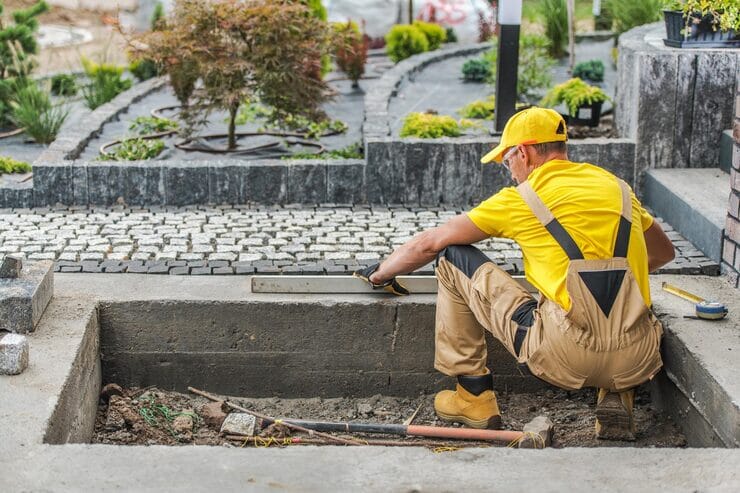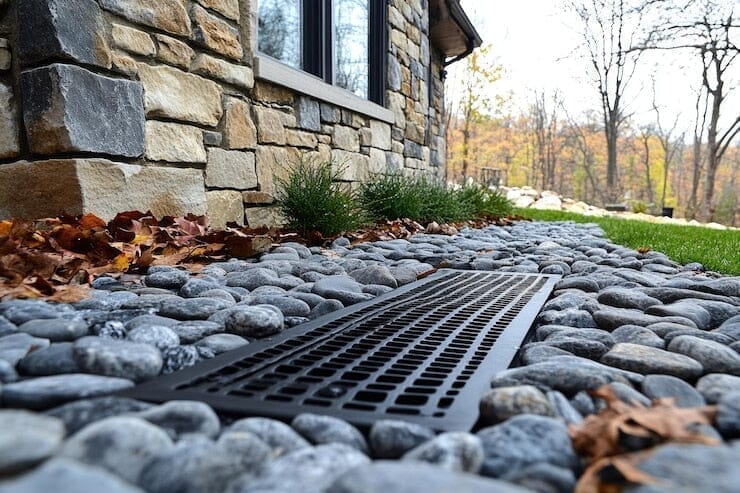Trench Drainage vs. French Drainage: What’s the Difference
-
11/08/21
-
Vodaland Canada
Both trench and French drains are solutions for soggy problems, but there is a difference between the two. French drains deal with underground water, while trench drains handle surface water. Learn more about trench drainage versus French drainage and learn the difference between the two to find the best solution for your property.
Trench Drains
Trench drains, also called channel drains, are a surface water drainage solution, even though the components lay within the ground. Unlike French drains, trench drains use quite a bit of material, including channels, end caps, outlets, grates, and catch basins.
Essentially, a trench drain looks like a gutter in the ground. Workers dig a long and narrow trench and cover it with a grated covering.
How Trench Drainage Works
Do you know how your home's gutter redirects rainwater into one spot? Trench drainage works under the same premise—the drain redirects water that would cause slips and soil erosion to another area. After digging the trench and laying the components, the drain must connect to a storm sewer or another waterway. Otherwise, allowing the water to drain elsewhere would harm the local ecosystem.
French Drains
French drains were created by a farmer in the 19th century and marked the beginning of drainage. They are much simpler than trench drains, as French drainage consists of gravel and, on occasion, a perforated pipe. After digging the trench, workers line it with permeable fabric to prevent roots from invading before installing the pipe and gravel inside.
How French Drainage Works
French drains are deeper than trench drains, and it is this depth that allows them to redirect both ground and surface water. The gravel acts the same way as the grate in trench drains—filtering out debris to prevent it from clogging the drain. French drains siphon water downhill to redirect it away from structures or driveways, but connecting them to a waterway isn't necessary.
There are advantages to both trench drainage and French drainage, and knowing the difference will help you choose the best drainage solution for your property. Contact Vodaland to find trench drains for sale.














